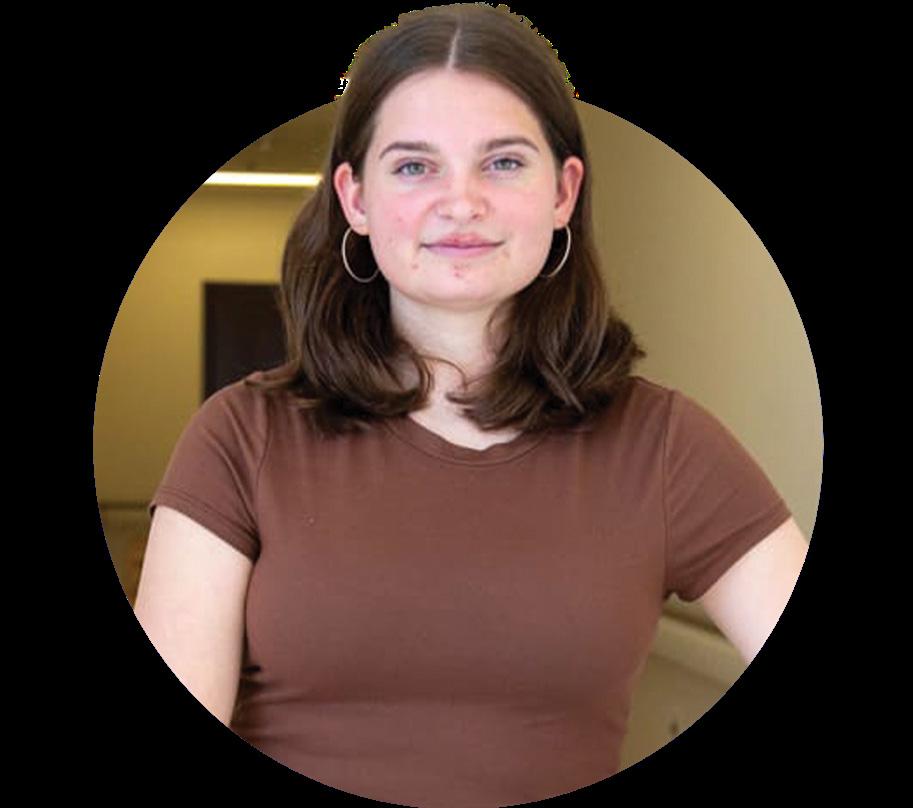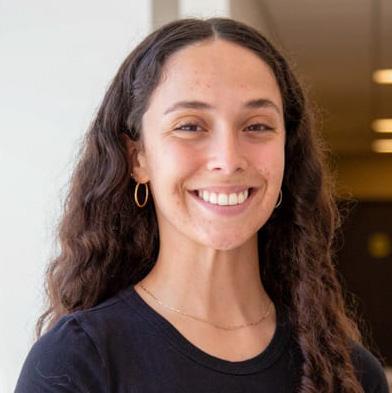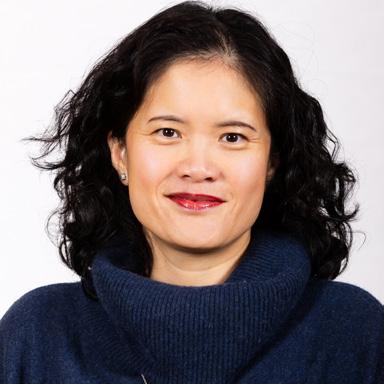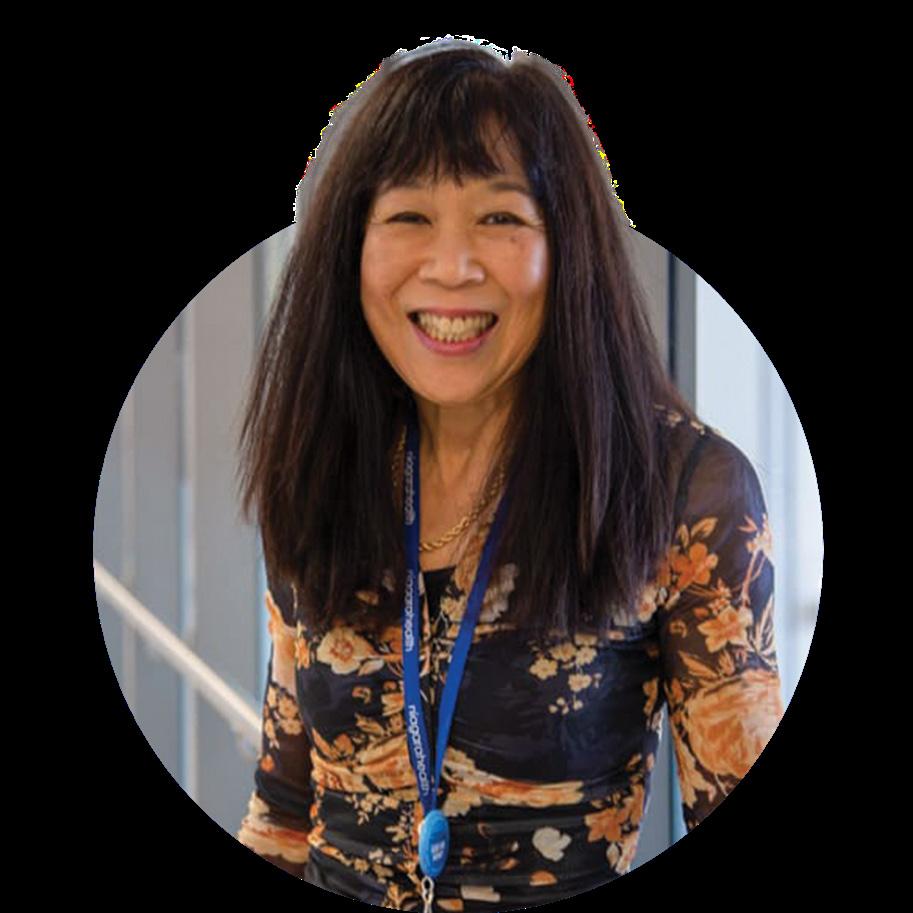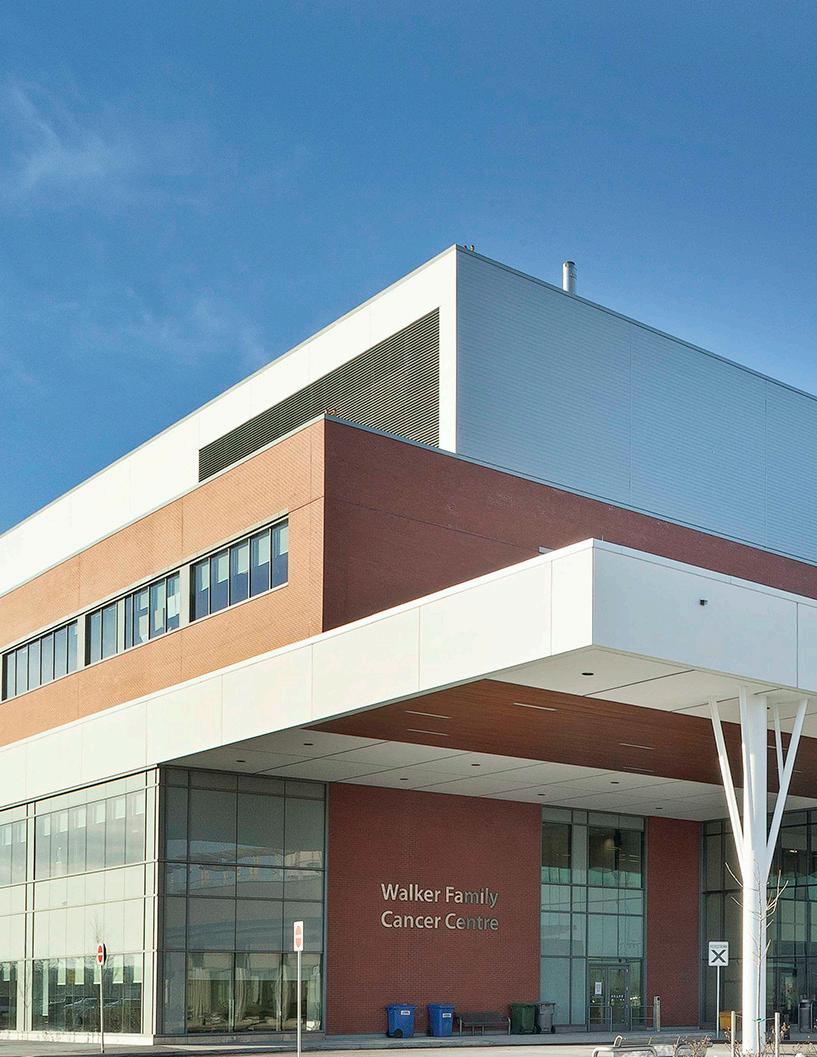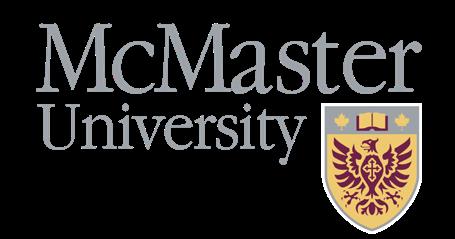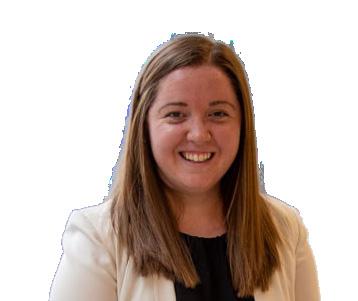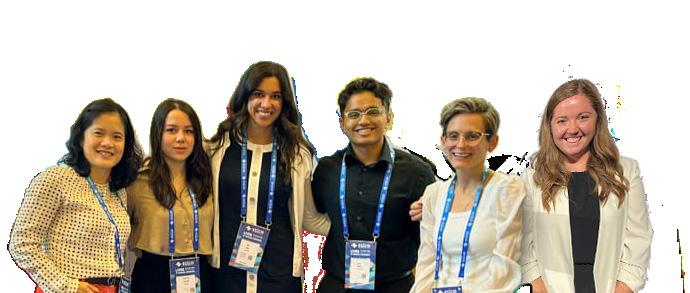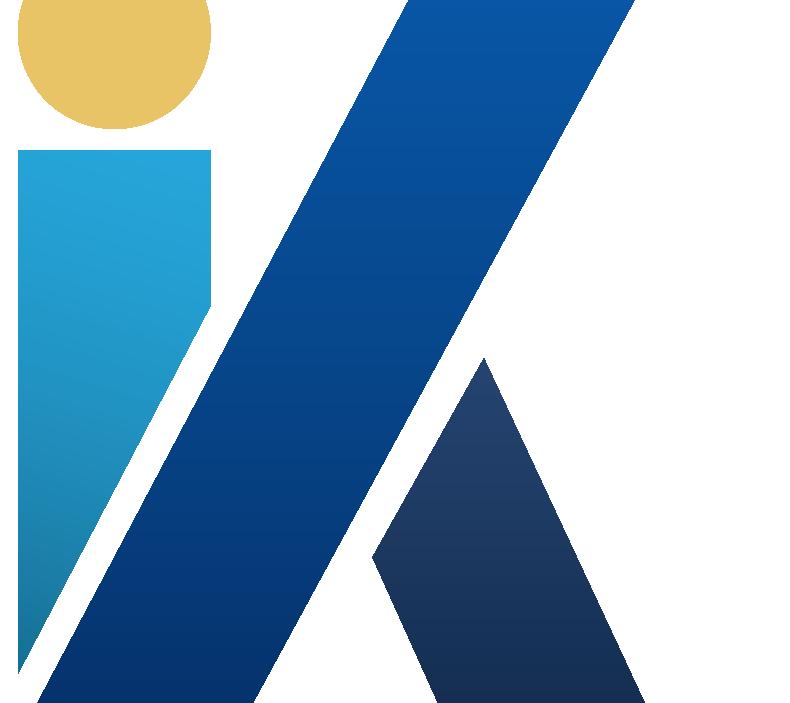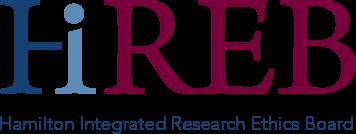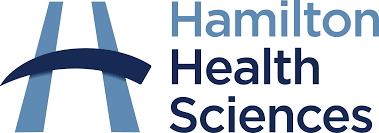Indigenous Land Acknowledgment
As part of our continued commitment to diversity, equity and inclusion, we would like to share our updated organizational Indigenous Land Acknowledgment that was developed in partnership with local Indigenous partners:
Niagara Health is honoured to provide care on lands where Indigenous Peoples have lived for thousands of years with their own unique cultures, identities, traditions and languages. These lands are steeped in the rich history of the First Nations, such as the Hatiwendaronk, the Haudenosaunee, the Anishinaabe and the Mississaugas of the Credit First Nation. There are many First Nations, Métis, and Inuit peoples from across Turtle Island who live and work in Niagara today.
We are committed to listening and learning more about the history and current experiences of Indigenous Peoples and acknowledge our responsibility to take meaningful action towards reconciliation in the healthcare system.
NHKI Research Priorities
RICH-Canada
To build research capacity in Canadian community hospitals to transform healthcare across the country.
Clinical Research
To provide Niagara Health patients access to state-of-the-art, novel therapies through participation in multicentre clinical research studies.
Patient Experience
To understand and improve patient experience in healthcare and research at Niagara Health.
Care for Older Persons
To advance healthcare and health service delivery for Niagara’s aging population.
As one of the pillars of the NHKI, capacity building is an important part of our work. Education is one of the tools we are using to build research capacity. By investing in learners and training the next generation of health researchers, the NHKI aims to create a sustainable recruitment pipeline of highly skilled research professionals who are ready to address critical healthcare problems through research.
Research volunteer role helps future physician find his calling
Prey Patel always wanted to be a doctor, but volunteering with the NHKI opened his eyes to the role of research in healthcare.
Now a medical student at Queen’s University, Patel has had opportunities as a research visitor in the NHKI’s experiential learning research program that most of his peers won’t experience until they’re established in their careers.
Patel’s research journey began during his undergraduate studies at McMaster University, where he worked on a scoping review of research in Ontario’s community hospitals. His honours thesis, supervised by Dr. Jennifer Tsang, led to a published paper in BMC Health Services Research.
As a research visitor, he worked on projects related to community hospital research across Canada. He presented his findings at major conferences and recently co-authored a manuscript for publication.
Throughout his journey as a research visitor, Patel has felt very supported by his NHKI mentors.
Summer student learns first-hand the impact of community hospitals on healthcare research
Sophia Lagrotteria saw some familiar landmarks in a new light during a recent trip north. Smalltown hospitals once part of the scenery stood out as hubs of healthcare research, thanks to the work she did for the NHKI.
Lagrotteria, a biomedical sciences student at the University of Guelph, gathered data comparing research output at Canadian community and academic hospitals.
Lagrotteria and fellow student, Zachary Raczywolski, completed a research comparison project under a summer studentship with the NHKI and the Canadian Critical Care Trials Group Network of Networks. Their findings may help inform a future NHKI paper and contribute to broader conversations about healthcare equity.
The experience — her first in healthcare research — has sparked an interest in pursuing more. “It gave me an appreciation for the research side of healthcare,” she says. “This is about improving care, which is really cool. I’d love to keep being involved however I can.”
Scholarship recipients help NHKI tackle critical healthcare research
In summer 2024, the NHKI welcomed three promising students — Milaina Wong, Zachary Raczywolski, and Alessandra Giglia — as the first recipients of the NHKI Summer Student Research Scholarships. Valued at $10,000 each and co-funded by the NHKI, Brock University, Niagara College, and Thrombosis and Atherosclerosis Research Institute (TaARI), the awards support healthcare research and help retain top talent in Niagara.
Their projects aimed to improve patient care and expand research capacity within Canadian community hospitals, with a particular focus on practical, community-driven solutions. These students have played key roles in advancing research, including a scoping review on music therapy for patients with dementia in emergency departments, exploring the barriers to research in community hospitals, and investigating the effects of sepsis on older populations. The opportunity not only benefited the NHKI but also provided these students with invaluable hands-on experience.
By fostering local talent and creating pathways for future researchers, these scholarships ensure that Niagara continues to be a hub for advancing healthcare knowledge and building capacity in healthcare research, ultimately benefitting the local community and the broader healthcare system.
Alessandra Giglia
Alessandra, a McMaster University student, worked at the TaARI Liaw Lab, contributing to sepsis research. Initially unsure of her role, she quickly gained confidence and skills, helping new students. Fascinated by the real-world impact of her work, Alessandra plans to continue her research career and explore immunology in her honours thesis.
Zachary Raczywolski
Zachary, a second-year paramedic student at Niagara College, studied the barriers to research in community hospitals. The work he contributed to aims to bridge the gap between community and academic hospitals, improving access to research opportunities. His background in biochemistry and his passion for healthcare led him to this impactful scholarship experience.
Milaina Wong
Milaina, a fourth-year student at Brock University, worked on a scoping review for a music therapy study targeting patients with dementia. Her research with the geriatrics team deepened her understanding of aging populations’ healthcare needs, reinforcing her desire to pursue a career in healthcare. She’s especially interested in the role of nurse practitioners in patient care.
Post-doc fellow on mission to bring more patients into research
Heather O’Grady believes research should never be done in isolation from those it aims to help. “Nothing about us without us,” she says — a philosophy that guides her work as a post-doctoral fellow at the NHKI.
O’Grady is helping embed patient and family engagement into the hospital’s research culture. Over two years, she’ll lead efforts in collaboration with the Office of Patient Experience and Niagara Health Engagement Network to build a framework for patient and family involvement in research and guide an international study on consent tools in clinical trials.
“We’re trying to ask questions that matter to patients, families, and clinicians,” she says. “It’s about doing research that truly reflects their needs.” O’Grady’s journey began in human kinetics but shifted after working with clinician-scientist Dr. Michelle Kho during her graduate studies. Her involvement in ICU rehabilitation trials and a pivot during COVID-19 to improving consent processes sparked a passion for meaningful engagement.
Joining the NHKI under Dr. Jennifer Tsang’s mentorship, O’Grady continues advocating for research that’s relevant and respectful. “It’s not just about having patients at the table,” she says. “It’s about listening and ensuring their voices shape what we do.”
She sees true engagement as key to both ethical and impactful research. “Are we asking the right questions? Are the outcomes meaningful to the people we aim to help?”
NHKI researchers team up to teach next generation of healthcare investigators
Graduate students in McMaster University’s Health Research Methodology program will learn from Niagara Health Knowledge Institute experts through a new course launched in September 2024.
Dr. Jennifer Tsang, NHKI Executive Director and Chief Scientist, developed and will co-teach Applied Qualitative Research Methods in Health, alongside NHKI’s Elaina Orlando, Kian Rego, and Heather O’Grady. The course covers qualitative study design, data collection and analysis, and ethical considerations with graduate students, including physicians who are pursuing graduate studies.
“We’re honoured to help train the next generation of researchers,” says Dr. Tsang. “Without them, we won’t see progress.” Dr. Tsang hopes the course will raise NHKI’s profile as a leader in qualitative research and help attract future scientists to Niagara Health. She also plans to adapt the material for use in community hospitals to further support local research efforts.
Dr. Jennifer Tsang
Elaina Orlando
Kian Rego
Local stroke survivor’s journey helps shape global care standards
When Paul Brady fell and hit his head last year, it changed everything. The 84-year-old stroke survivor was taken off blood thinners, then placed under the care of Niagara Health stroke neurologist, Dr. Danielle de Sa Boasquevisque.
Now, he’s part of a global clinical trial, ENRICH-AF, studying how to prevent stroke in patients with atrial fibrillation and a history of brain bleeding. Brady was one of the first patients to participate in Niagara Health’s Neurology Research Program.
“Somebody has to do the studies,” his wife Margaret says. “It’s helping you — and it might help someone else too.”
Patient voices help shape research from the ground up
Gail Riihimaki, a Niagara Health patient partner, is helping shape research from the ground up. Drawing on personal and professional experience, she reviewed NHKI grant applications to ensure patient inclusion.
“The patient voice is important at an early stage,” she says. Her insights are helping make research gatherings and studies more accessible. Supporting the NHKI’s mission, she adds: “High-quality, evidence-based care starts with including patients from the beginning.” Her work ensures that research isn’t just about patients — it’s done with them, too.
Infectious diseases doctor helping to innovate in his field
Dr. Aidan Findlater, an infectious diseases physician at Niagara Health, wants to modernize how we treat infections. Many current therapies, including those for Staphylococcus aureus, rely on decades-old antibiotics and approaches. “Unlike cardiology with robust research, infectious diseases care is often based on what’s always been done,” he says.
Dr. Findlater is changing that by leading clinical trials through Niagara Health’s Infectious Diseases Research Program. He’s involved in major international studies such as SNAP and is the local lead for two more trials, ATTACC-CAP and BALANCE+, which aim to improve care for pneumonia and bloodstream infections. “These are important questions. I want to treat patients with what works best. Research is how we find that out.”
March 2024
NHKI launches scholarships in collaboration with Brock University, Niagara College and the Thrombosis and Atherosclerosis Research Institute at McMaster University.
2024 Research Day draws record crowd, NHKI releases annual report
The annual NHKI Research Day, held at Niagara College, drew a record crowd of 165 attendees, including researchers, learners, and community members.
May 2024
Record-breaking attendance at annual NHKI Research Day, hosted by Niagara College.
June 2024
NHKI launches the Infectious Diseases Research Program, led by Dr. Aiden Findlater.
Keynote speaker Bernice Downey, Associate Dean of Indigenous Health at McMaster University, addressed the need for recognizing Indigenous knowledge in scientific research, highlighting ongoing challenges. Her talk emphasized institutional allyship and the importance of inclusive, evidence-based decision-making.
This event featured 56 posters, multiple workshops, and celebrated two researchers: Dr. Danielle de Sa Boasquevisque, who launched the Niagara Falls Hospital’s Neurology Research Program and is leading groundbreaking stroke studies; and Leanne Kent, who co-leads a quality improvement project in stroke care. NHKI Executive Director and Chief Scientist Dr. Jennifer Tsang praised the collaborative efforts driving impactful healthcare research in the Niagara region and beyond. Research Day also marked the NHKI’s first anniversary and the release of its inaugural annual research report.
July 2024
Three recipients of the NHKI Summer Student Research Scholarships work alongside NHKI researchers over a three-month period to gain research experience.
September 2024
September 2024
NHKI develops qualitative health research methodology course for McMaster University graduate students.
September 2024
Dr. Jennifer Tsang represents Niagara Health at international clinical trials meeting and World Health Organization research meeting.
October 2024
NHKI team members present posters at the European Society of Intensive Care Medicine.
NHKI recruits first postdoctoral fellow, Heather O’Grady, a patient engagement and knowledge translation expert.
November 2024
Canadian Community ICU Research Network, cofounded by Dr. Jennifer Tsang, celebrates its five-year anniversary.
December 2024
NHKI implements six new policies and procedures to further enhance research capacity at NH.
In 2024, the NHKI led and supported key initiatives, published impactful studies and strengthened collaborations that improved patient care. Successful grant funding expanded clinical trial opportunities, helping bring innovative treatments to Niagara. The following statistics highlight NHKI’s continued commitment to research excellence and its growing role in advancing healthcare for the community.
Niagara Health participated in 50 multicentre studies in 2024.
Studies Patients Enrolled Grant Funding Publications
Niagara Health researchers published 36 peer-reviewed manuscripts as authors or collaborators.
Niagara Health enrolled 253 patients in research studies in 2024.
Niagara Health researchers participated in successful grant applications totalling over $11 million dollars in 2024.
Research Staff Research Visitors
Spanning three research teams: Clinical Research, Health Systems Research and Research Administration.
Fiscal Year 2024/2025 Total Research Expenditure: $1,740,501.94
Funding Sources:
Niagara Health hosted 25 Research Visitors in 2024. These volunteers assisted with research operations.
Thank you to our funding partners
McCall MacBain Foundation
Niagara Health Foundation
Physicians’ Services Incorporated Foundation
Canadian Institutes of Health Research
Accelerating Clinical Trials Consortium
Canadian Critical Care Trials Group
Ontario SPOR SUPPORT Unit
Brock University
McMaster University
Niagara College
Thrombosis and Atherosclerosis
Research Institute
Make a donation
Donations help the NHKI to embed research into clinical practice. These funds enable us to improve patient care and experience as well as transform healthcare through leading community hospital-based research. Your support can make an important difference for the Niagara community.
Dr. Jennifer Tsang, NHKI Executive Director and Chief Scientist jennifer.tsang@niagarahealth.on.ca
Elaina Orlando, NHKI Research Manager elaina.orlando@niagarahealth.on.ca
Jessica Thompson, NHKI Research Administrative Assistant jessica.thompson@niagarahealth.on.ca







